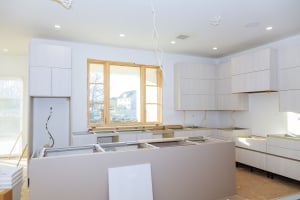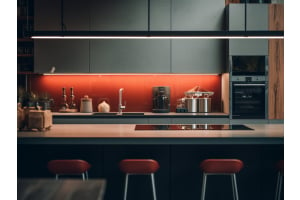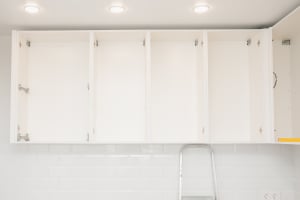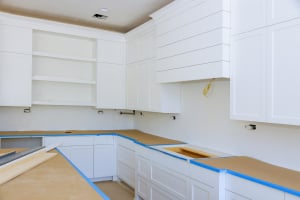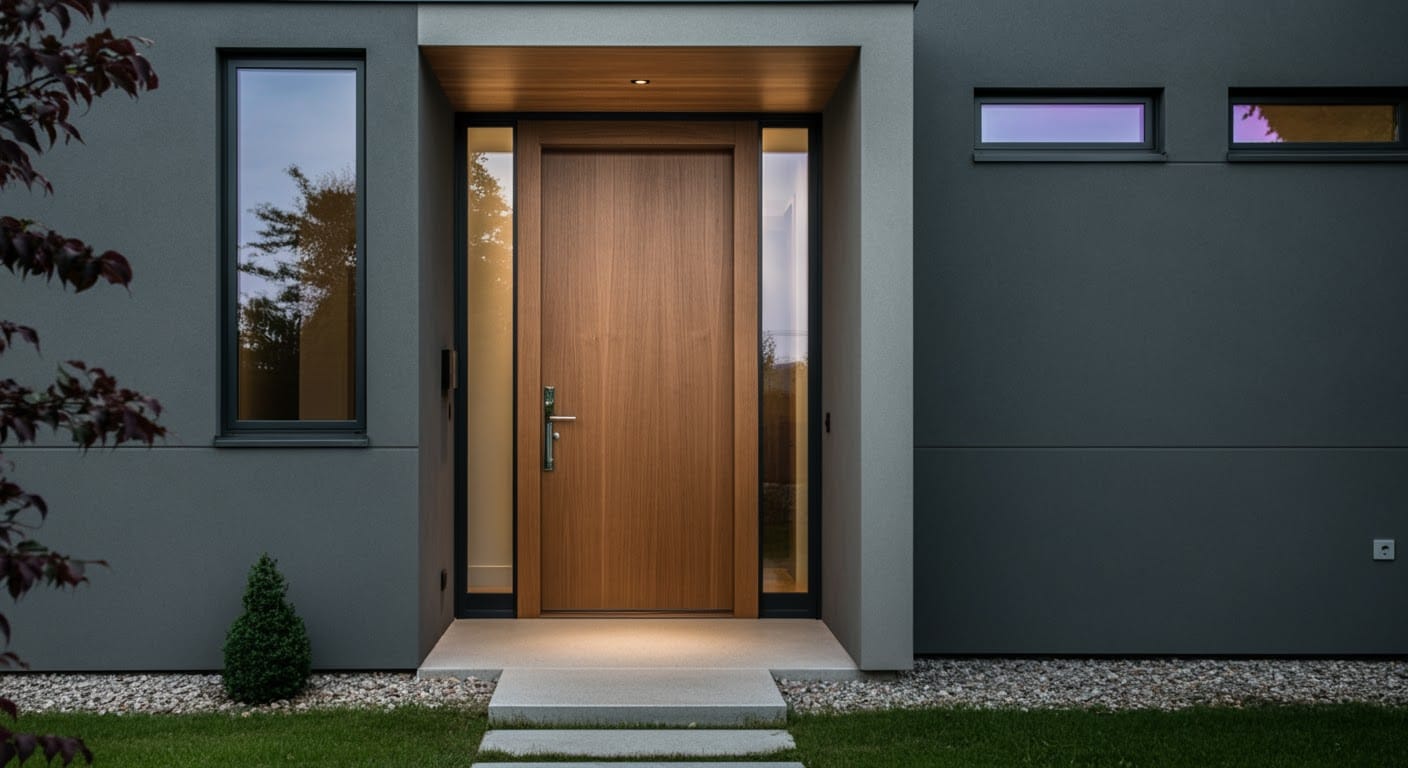
When choosing the right door for your home, understanding the different types of interior doors available is essential. From traditional panel doors to sleek, modern slab designs, the options are vast.
Interior doors come in a variety of materials such as wood, composite, and glass, each offering its own style and functionality. For example, French doors can enhance the openness of a space, while pocket doors are perfect for tight areas where swing space is limited. Choosing the right type depends on your specific needs and the aesthetic you want to achieve within your home.
It's also important to consider the differences between interior versus exterior doors when making your selection. Interior doors are designed primarily for privacy, soundproofing, and enhancing the overall decor within the home. They are typically lighter in weight and made from materials like composite or hollow-core wood. Exterior doors, on the other hand, are built to withstand the elements and offer higher security. Made from heavier, more durable materials like solid wood, fiberglass, or metal, they provide insulation and protection from weather conditions.
Using an interior door as an exterior one can lead to security risks and potential damage, making it crucial to choose doors suited to their specific purpose.
Can Interior Doors Be Used as Exterior Doors?
Buying interior doors isn’t always straightforward, and it can be difficult to decide which interior doors best suit your needs. If you’re strapped for time or don’t have a contractor on hand, you might be wondering if you can buy interior doors with pre-cut hinges. Luckily, you can!
When Can Interior Doors Be Used as Exterior Doors?
Under certain circumstances, interior doors can convert into exterior doors. However, this should be done only after considering these key factors:
- Type and location of the building
- Weather patterns
- Security
- Access
- Other safety requirements
One situation in which interior doors can be used as exterior doors is when the building is located in a mild climate with little exposure to weather elements, such as rain or extreme temperatures.
If you’re using an interior door for exterior purposes, it should be made of robust materials, such as metal or composite wood that can withstand heavy weather conditions and keep the building secure. The interior doors should also be installed with weatherstripping, threshold, and airtight seals to prevent drafts, leaks, and energy loss.
When Interior Doors Shouldn't Be Used as Exterior Doors
In most cases, interior doors should not be used as exterior doors because they are not designed to withstand harsh weather conditions. Constant exposure to intense conditions can cause these doors to wear down or break more quickly. If this happens and the door is not promptly replaced, it can expose homeowners to weather damage on the inside of the home, such as water damage.
Another reason interior doors should not be used as exterior doors is that they do not provide adequate security. Interior doors are designed to provide privacy and noise reduction within the building and do not have the same level of protection against intruders as exterior doors, such as durability or the ability to install additional locks. Using interior doors as exterior doors can put the building’s occupants at risk of theft, burglary, or violence.
Explore our stylish selection of interior doors with frosted glass to add privacy and elegance to your home.


